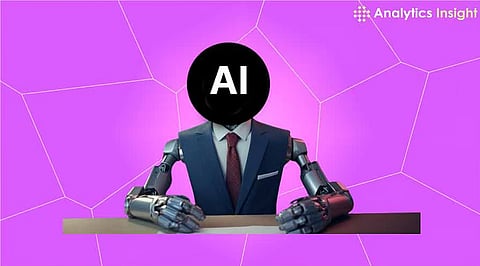

Intelligent agents power everyday technologies, making systems smarter, faster, and more responsive.
These systems improve industries such as healthcare, finance, education, and smart homes by adapting to individual needs.
The quiet integration of intelligent agents is changing how people live, work, and interact with technology, often without them noticing.
Systems and AI agents are starting to act on their own. They observe what’s around them, think through choices, and make decisions. Some use straightforward rules, while others adapt and grow smarter. The use case of AI agents such as these is getting things done quickly and correctly every time.
Let’s take a look at some AI agent benefits and examples to see how this technology is transforming the way things work.
Vehicles and flying machines now use advanced technology to operate on their own. They continuously monitor their environment, identify important details, and react to sudden changes. This makes roads and skies safer and more reliable as machines take charge of navigation.
Digital platforms suggest products, movies, or songs with surprising accuracy. Behind these choices, systems track behavior, study preferences, and match users with relevant options. The result feels personal and intuitive, without forced decisions.
Also Read: What are the Types of AI Agents?
Digital assistants manage calendars, reminders, or settings using natural commands. These systems recognize speech, interpret intent, and act accordingly. Everyday tasks become simpler and more convenient with this kind of responsive technology.
Automated help systems handle many common customer questions on their own. They quickly identify issues and offer solutions, ensuring problems get resolved faster. When questions become more complex, these systems seamlessly pass them on to human teams for expert assistance. This reduces wait times and improves overall satisfaction, making customer service feel quicker and more personal.
Medical systems today support clinical decisions with real-time data. These tools analyze test results, monitor patient status, and recommend care paths. Medical professionals benefit from faster insights and more accurate support tools.
In modern games, characters do more than follow scripts. They adjust strategies, respond to player actions, and offer a new experience each time. Gameplay becomes more engaging when systems can learn and evolve.
In finance, fast action often matters. Trading platforms now monitor data, detect trends, and execute decisions based on market signals. Risks are managed. Timing is optimized. Performance improves with every adjustment.
Also Read: How to Build an AI Agent? A Step-by-Step Beginner’s Guide
Education platforms now track how learners absorb content. Lessons shift based on pace, skill, and interest. Materials adjust in real time, offering a learning path that fits individual needs and challenges.
Threat detection systems now guard networks without pause. They monitor traffic, flag irregular behavior, and respond before damage spreads. Data stays protected, and systems stay one step ahead of attacks.
Modern home systems recognize routines and make adjustments automatically. Lights dim, temperatures shift, and devices respond without prompts. Comfort increases while effort decreases. Daily living becomes more seamless.
Across industries, these AI Agent examples work behind the scenes. They guide cars, support doctors, help teachers, and assist traders. Performance gets better, safety rises, and services feel tailored. This quiet shift is slowly redefining how the world works.
Experts state that AI agents will take charge of everything from the most fundamental tasks to moderately difficult functions. Further tech innovation might just turn these models into what will drive the future of humanity towards its apex.
